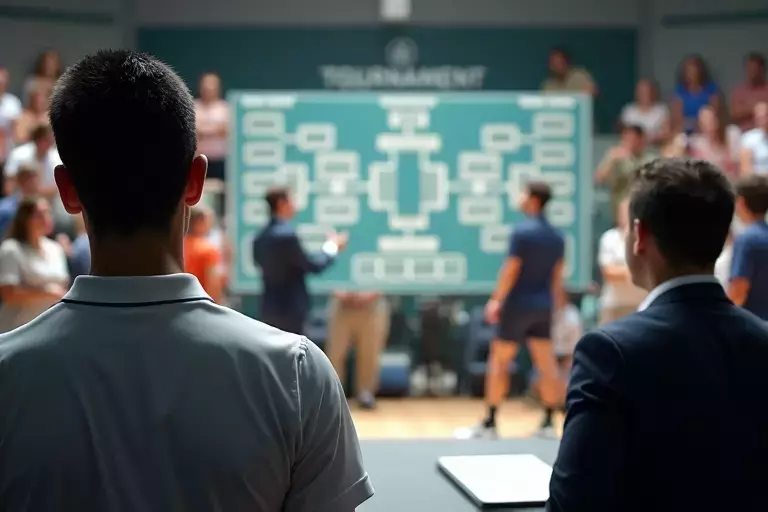
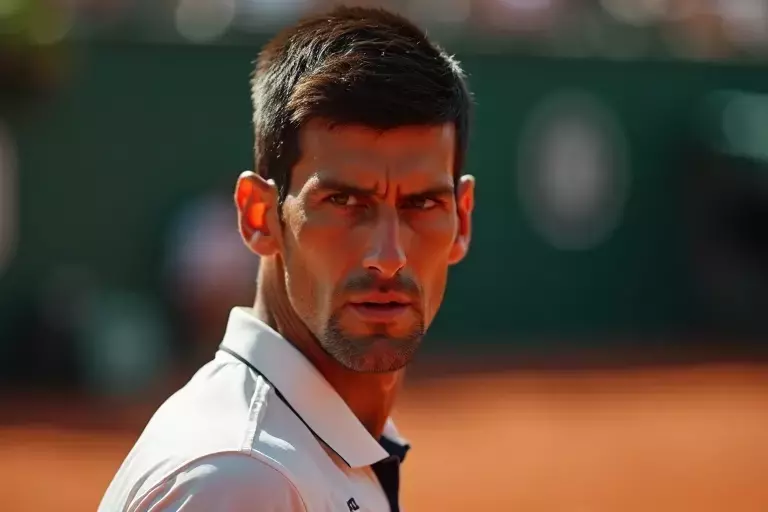
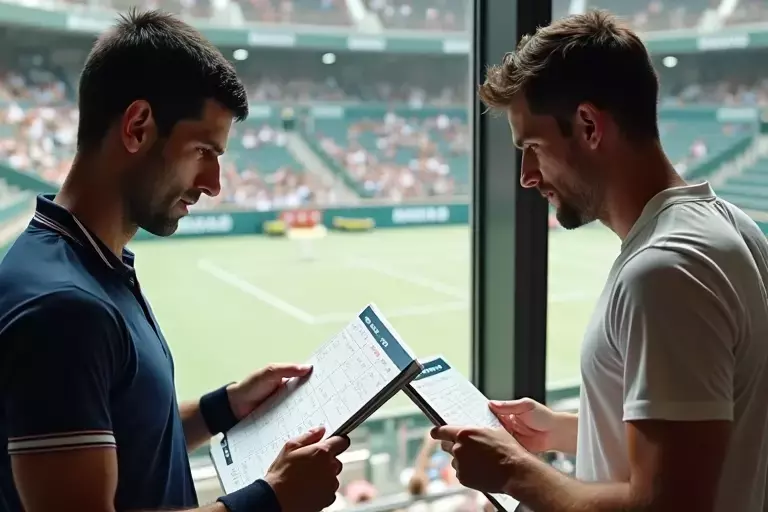
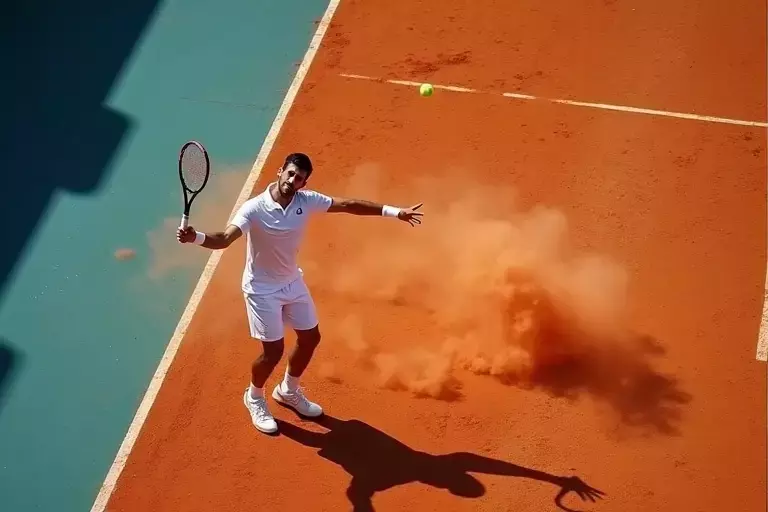
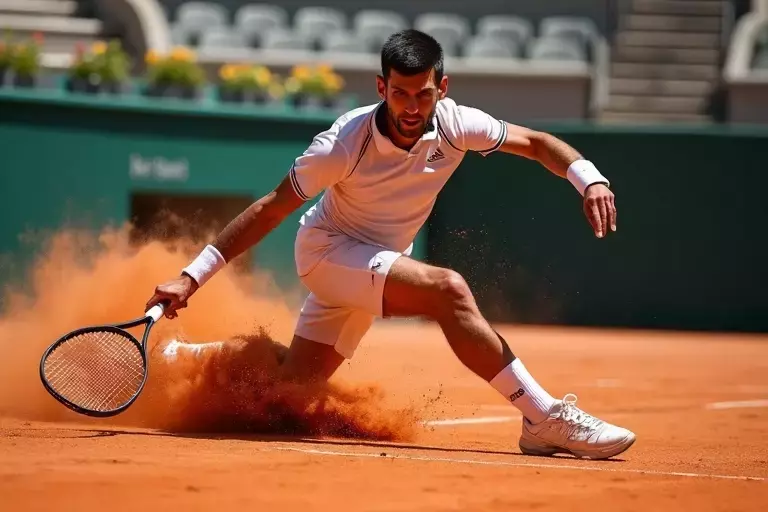



In a recent interview, Novak Djokovic emphasized his primary objective for the current clay-court season—success at Roland Garros. Despite an early loss in Monte Carlo to Alejandro Tabilo, he remains focused on achieving greatness at the French Open. His decision to compete in Madrid, despite its unique conditions compared to Paris, raises questions about his preparation strategy. Madrid’s high altitude and dry climate make it less representative of Roland Garros conditions, yet Djokovic, a three-time Madrid champion, sees value in participating. This move is part of a broader plan to balance rest with match fitness as he aims for a 25th Grand Slam title.
Djokovic's participation in Madrid also ties into his renewed focus on ATP rankings. Having secured the year-end No. 1 position eight times, he now prioritizes climbing back up the ranks due to its implications for seeding at Roland Garros. With no points to defend from last year, Madrid offers him a chance to accumulate ranking points without losing any. In contrast, Taylor Fritz, currently ahead of Djokovic, must defend points from reaching the semifinals last year. Additionally, overcoming injuries like Fritz’s abdominal strain and optimizing tournament schedules could significantly impact their performances and rankings leading into Paris.
Pursuing Success Through Madrid's Unique Conditions
Djokovic's choice to participate in Madrid reflects a strategic approach to his clay-court season. While Madrid's environment differs markedly from that of Roland Garros, competing there allows him to fine-tune his game under challenging circumstances. The higher altitude and dry air alter ball behavior, making matches more akin to hard court play. Yet, these conditions provide valuable practice for adapting to various surfaces and climates, crucial skills for excelling at major tournaments.
This decision underscores Djokovic's willingness to embrace unconventional methods in pursuit of his goals. By playing in Madrid, he gains experience navigating diverse playing conditions, enhancing his adaptability. Moreover, his past successes in Madrid suggest familiarity with its nuances, potentially giving him an edge over competitors unfamiliar with such environments. Although Madrid may not perfectly replicate Roland Garros conditions, it serves as a critical stepping stone in his journey towards reclaiming dominance on clay courts. Engaging in this tournament enables him to test strategies, refine techniques, and build confidence before facing stiffer competition later in the season.
Rankings and Seeding: A Crucial Component of Strategy
Beyond physical preparation, Djokovic's focus on ATP rankings highlights another vital aspect of his strategy. Achieving a favorable seeding at Roland Garros can significantly influence match-ups and overall tournament progression. By overtaking players like Taylor Fritz, who currently holds the No. 4 position, Djokovic secures advantageous matchups against top contenders like Jannik Sinner and Carlos Alcaraz. This positioning reduces the likelihood of encountering formidable opponents until later stages, providing opportunities to peak physically and mentally when needed most.
The interplay between rankings, seeding, and tournament outcomes cannot be overstated. For instance, entering Roland Garros as the fourth seed ensures Djokovic avoids premature clashes with rivals such as Sinner and Alcaraz, conserving energy for deeper rounds. Furthermore, current shifts in standings, influenced by results in events like Barcelona and Munich, create scenarios where optimal draw placements become possible. Managing these dynamics requires careful planning and execution, demonstrating Djokovic's astute understanding of competitive advantages within the sport. Balancing short-term objectives with long-term aspirations forms the backbone of his strategic approach heading into Roland Garros.
